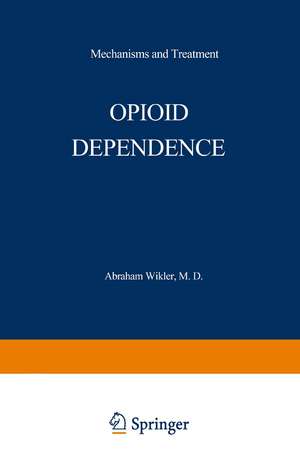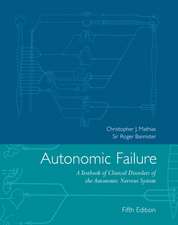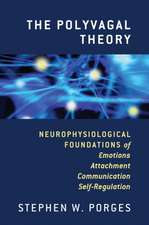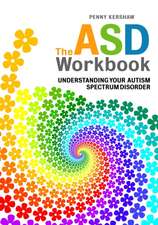Opioid Dependence: Mechanisms and Treatment
Autor Abraham Wikleren Limba Engleză Paperback – 30 mar 2012
Preț: 367.47 lei
Preț vechi: 386.81 lei
-5% Nou
Puncte Express: 551
Preț estimativ în valută:
70.34€ • 76.43$ • 59.12£
70.34€ • 76.43$ • 59.12£
Carte tipărită la comandă
Livrare economică 21 aprilie-05 mai
Preluare comenzi: 021 569.72.76
Specificații
ISBN-13: 9781468438680
ISBN-10: 1468438689
Pagini: 272
Ilustrații: XIV, 256 p.
Dimensiuni: 155 x 235 x 14 mm
Greutate: 0.39 kg
Ediția:Softcover reprint of the original 1st ed. 1980
Editura: Springer Us
Colecția Springer
Locul publicării:New York, NY, United States
ISBN-10: 1468438689
Pagini: 272
Ilustrații: XIV, 256 p.
Dimensiuni: 155 x 235 x 14 mm
Greutate: 0.39 kg
Ediția:Softcover reprint of the original 1st ed. 1980
Editura: Springer Us
Colecția Springer
Locul publicării:New York, NY, United States
Public țintă
ResearchCuprins
1 The Problems of Opioid and Other Drug Dependencies.- Prevalence and Complications.- Nonopioid Drug-Dependence Syndromes.- References.- 2 The Etiology of Opioid Dependence.- Definitions and Dynamics.- Personality Studies.- Socioenvironmental Studies.- Mode of Spread of Opioid Dependence.- Prognosis.- References.- 3 Opioid Analgesics and Opioid Antagonists.- Opioid Analgesics.- Opioid Antagonists.- References.- 4 Opioid Receptors and Endogenous Opioid Peptides.- Opioid Receptors.- Endogenous Opioid Peptides (Enkephalins and Endorphins).- Possible Functions of Enkephalins and Endorphins.- References.- 5 Mechanisms of Opioid Analgesia.- The Nature of Pain and Its Relief by Morphine.- Sites of Morphine’s Antinociceptive Actions in the Central Nervous System.- References.- 6 Theories of Tolerance to and Physical Dependence on Opioids.- General Theories of Tolerance to and Physical Dependence on Morphine.- Theories of the Mechanisms of Counteradaptation to the Agonistic Effects of Drugs.- References.- 7 Conditioning Processes in Opioid Dependence and in Relapse.- Operant Conditioning of Opioid-Acquisitive Behavior.- Classical Conditioning of the Opioid Agonist-Abstinence Cycle and Interoceptive Conditioning of Opioid-Seeking Behavior.- Classical Conditioning of the Opioid-Antagonist-Precipitated Opioid-Abstinence Syndrome.- Occurrence of Classically Conditioned Responses in Street Addicts.- Implications of Conditioning Factors for Relapse and Treatment.- References.- 8 Diagnosis and Treatment of Opioid Dependence.- Diagnosis.- Treatment.- References.








